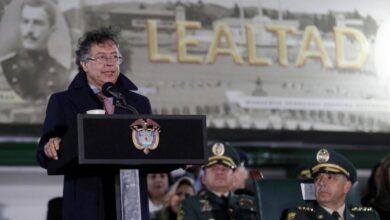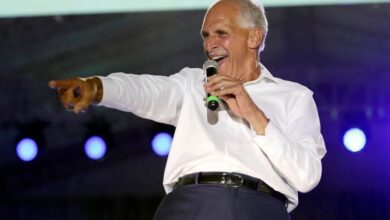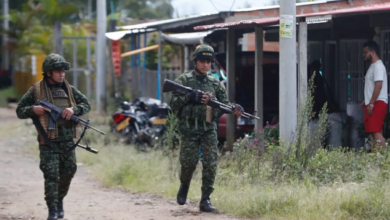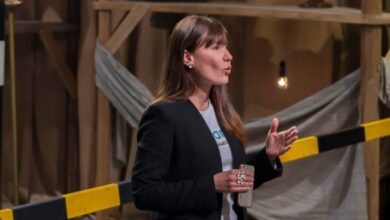Subsidies: This Is What The Colombian Presidential Candidates Think
LatinAmerican Post compiled the most important ideas in terms of subsidies in Colombia offered by the 4 candidates with the best chance of reaching the House of Nariño.
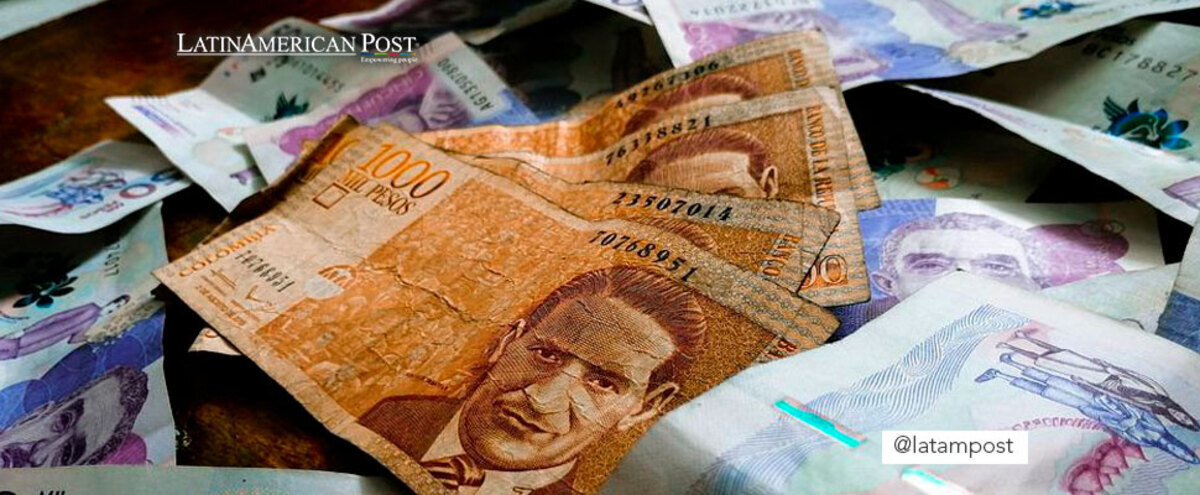
Photo: Pixabay
LatinAmerican Post | Christopher Ramírez Hernández
Listen to this article
Leer en español: ¿Cuáles son las propuestas de subsidios en Colombia de los candidatos a la Presidencia?
According to the most recent consultation by the pollster YanHaas, the presidential candidate of the Pacto Histórico (leftist coalition), Gustavo Petro would be the big winner on May 29, when Colombians go out to elect their new president. According to the survey, in the first round Petro would obtain 40% of the total vote, followed by Federico Gutiérrez with 21%, while Rodolfo Hernández, with 12%, would remain in third place and Sergio Fajardo closes in fourth with only 7%.
#LaGranEncuesta | Si en una segunda vuelta electoral para la Presidencia se presentaran los siguientes candidatos, ¿por cuál de ellos votaría? #ColombiaElige@petrogustavo 47%@FicoGutierrez 34%
Ninguno 19% pic.twitter.com/Fd9jRXuXaN— Noticias RCN (@NoticiasRCN) May 11, 2022
However, these results are nothing more than assumptions that may or may not change considerably by the end of this month, taking into account that there are still many issues that cause insecurity among Colombians, subsidies being one of the most important.
Thinking about this, LatinAmerican Post has decided to compile the main proposals in terms of subsidies that the candidates with the greatest option to win the Presidency of Colombia have, and in this way citizens can exercise their right to vote with a greater knowledge of the proposals they are choosing for the country.
You may also be interested in: Colombia Will Have a New Marine Protected Area
Gustavo Petro
The candidate who leads the polls today has been controversial in relation to this issue, since he is one of those who propose the largest number of subsidies at a higher value; however, one of the most controversial is the so-called "basic solidarity pillar" that is directly related to pensions in the country.
According to his government plan , Petro wants to guarantee "a non-contributory pension bonus equivalent to half the minimum wage for older adult men and women who today do not have the right to a pension. " In a few words, the leader of the left intends to give a subsidy of 500,000 pesos (almost 123 dollars), to all older adults who today do not have access to a pension.
To explain this point, Petro assures that the money will come from a readjustment in the budget that the current Government has for Colpensiones (state pension entity), which will release at least 13 billion pesos (almost 3,200 million dollars). Said money, according to the candidate, will be the one used for pension subsidies in the country.
Petro has also talked about other economic reforms such as free public education or increased coverage in the current state subsidies established during the covid-19 pandemic.
Federico Gutierrez
Although the Equipo por Colombia candidate is Petro's clear counterpart, the truth is that both share some ideas in terms of subsidies, of course, with some differences between them. For example, on April 22, 'Fico' mentioned the option of creating a program to grant life annuity to all older adults who, for one reason or another, could not access the pension system in Colombia. It is estimated that some 3 million people would benefit from this project.
“These adults should be the beneficiaries of the more than 20 billion pesos that are spent today to subsidize the highest pensions,” explained Gutiérrez, adding that this “will be a gradual process” in which the objective is that older adults in a condition of poverty “receive the support of the State”.
Likewise, the right-wing candidate "agrees" with Petro to increase the number of beneficiaries of current state aid, as he mentioned on April 1 at a forum held in northern Colombia . “No person can endure hunger, that is why we are going to expand the Ingreso Solidario (aid created during the pandemic) to five million households,” he indicated.
On the other hand, he also mentioned the importance of creating an educational scholarship for students in the country, as well as an economic voucher for transportation and another for daily expenses.
No más familias con hambre. Propongo: bono de gratitud para nivelar los costos de canasta familiar, ampliar la cobertura del ingreso solidario a 5 millones de hogares y apostarle al campo; de uno 1 a 3 billones de pesos anuales de inversión en vías terciarias. #FicoPropone
— Fico Gutiérrez (@FicoGutierrez) May 11, 2022
Rodolfo Hernandez
The 'Engineer' has been clear about subsidies in his government program.
Some of the most important points are focused on education issues (such as tuition subsidies for students or 20,000 pesos per day (almost 5 dollars) for all students who live more than 50 km from the universities).
Faced with this last point, Hernández speaks of creating a Basic Income "concentrating in a single-family payment all the existing subsidies according to the Sisben IV classification, eliminating all intermediary entities and making the payment through a zero cost card of the Agrarian Bank”.
#EsInaceptable que mientras los colombianos sobreviven con 2 dólares al día, estos corruptos y hampones parlamentarios tienen salarios de 30-40 millones y muchas veces ni van a trabajar.
— Ing Rodolfo Hernandez ????????! (@ingrodolfohdez) May 10, 2022
However, most of its proposals against subsidies are limited to the "permanence" of existing state aid, as well as the creation of other benefits that he considers "necessary" (for the countryside, old age and transportation), although he does not specify what they are, nor how would he achieve them.
Sergio Fajardo
Among the most important ideas of the former mayor of Medellín is an increase from 80,000 to 500,000 pesos per month of the subsidy that the national government currently provides to the elderly population in the country. “It will be 500 thousand pesos, it would be a step from 80 thousand to half a million pesos that will be delivered to the elderly. This will be done with a tax reform to get 33 billion pesos from where that contribution will be taken from those who do not have a pension, then it will be 18 billion for those contributions,” he explained.
In addition, he also has among its plans to "increase one million young people enrolled in the Jóvenes en Acción program", the program that subsidizes the population under 18 years of age in Colombia.

